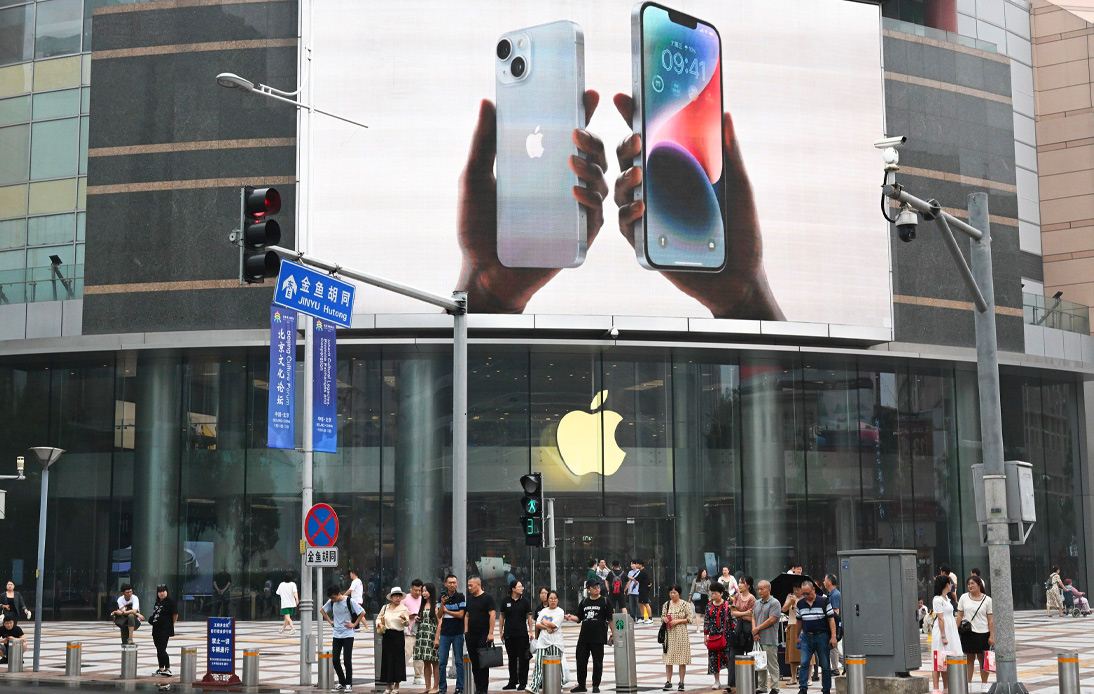
On Wednesday, China broke its silence regarding allegations that the government has imposed restrictions on the use of iPhones by some of its state workers, saying that the officials have taken note of supposed security risks associated with the device.
Mao Ning, the official representative of the Foreign Ministry, offered limited information during her remarks. She cited unspecified “media reports” concerning potential vulnerabilities in the iPhone but chose not to delve further into the topic.
Furthermore, she emphasized that China hasn’t instituted “any law, regulation or policy document” prohibiting the acquisition or utilization of foreign-made mobile phones, including those manufactured by Apple.
These statements emerge following claims by a number of governmental agency staff who allege that they were instructed to abstain from using iPhones in the workplace.
Messages urging government personnel and entities owned by the state to prefer locally produced mobile phone brands have been spotted on the internet.
Despite their norm of closely monitoring online content, Chinese internet overseers haven’t removed posts discussing these purported restrictions.
The initial revelations caused a dip in the stock value of the company, fostering speculations that Apple might face setbacks in China, a globally dominant market for smartphones.
The advocacy for limiting the use of overseas technology products by government staff is not a novel concept.
For over ten years, China has discouraged its officials from opting for foreign mobile phones and directed state agencies to substitute American computing servers and other equipment with those produced domestically.
Similarly, the United States has imposed limitations on China’s telecommunication behemoth, Huawei, and established regulations governing the exportation of high-tech U.S. semiconductor equipment to China.
Several states within the U.S. have initiated measures to limit the utilization of the social media application TikTok by governmental employees.
John Kirby, the spokesperson for national security at the White House, acknowledged on Wednesday that the U.S. administration is keeping a close eye on the developments and urged China “to offer clearer insights into their observations and actions”.
Any significant problems for Apple in the Chinese market would denote a rise in the tensions between Beijing and Washington.
The tech powerhouse from America relies on China for approximately a fifth of its total revenue and a significant portion of its production processes, sustaining hundreds of jobs in the region.
The mobile phone industry marks the recent battleground in the escalating technological conflict between the U.S. and China, exacerbated by the recent introduction of Huawei’s Mate 60 Pro.
Chinese patriots have praised the phone’s advanced features as a symbol of China’s progress in chip development, though it is now under U.S. review for possible breaches of the Biden administration’s restrictions on American semiconductor technology.
As of now, Apple has refrained from making public comments concerning the recent allegations. In a recent event hosted in California on Tuesday, the corporation revealed its latest creation, the iPhone 15.




















